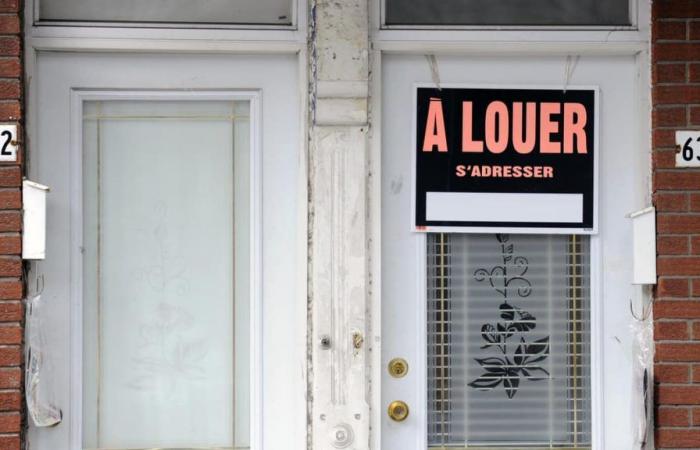Canadian cities with the highest percentage of renters are at greater risk of dying from extreme heat, according to a Statistics Canada analysis. Montreal would be one of the cities most affected by this phenomenon.
• Read also: Heat wave: are your medications making you more vulnerable?
• Read also: No deaths linked to extreme heat recorded in Montreal, assures Public Health
The risks of respiratory mortality are much higher among citizens of Montreal and Toronto, indicated the government company’s report published Wednesday.
These two cities have two of the three highest proportions of renter households in the country. In Montreal, the rate stands at 61%, while in Toronto, almost one in two individuals rents a property (48%), according to the 2021 census.
Joël Lemay / QMI Agency
The 12 largest cities in Canada, including the metropolis and Quebec, were analyzed as part of this study carried out over a period of 20 years.
Among these cities, more than 900 deaths were recorded linked to the extreme heat.
People aged 65 and over are mainly affected by these mortality risks.
“As climate change leads to more frequent and intense extreme heat events […]it is important to understand how and where excessive heat affects health,” an expert said in the report.
Heat waves are also said to be more recurrent in cities in southwestern Ontario, while municipalities in British Columbia have them the least. If Montreal experiences fewer long hot periods, those that do occur would be among the most violent in the country.
Access to air conditioning is also rarer for tenants than for owners.
For example, in Quebec, recent research has shown that almost one in two tenants has an air conditioning system (49%), while the average in the province is 58%.
The same phenomenon occurs in Ontario (71% versus 85%) and British Columbia (24% versus 32%).






